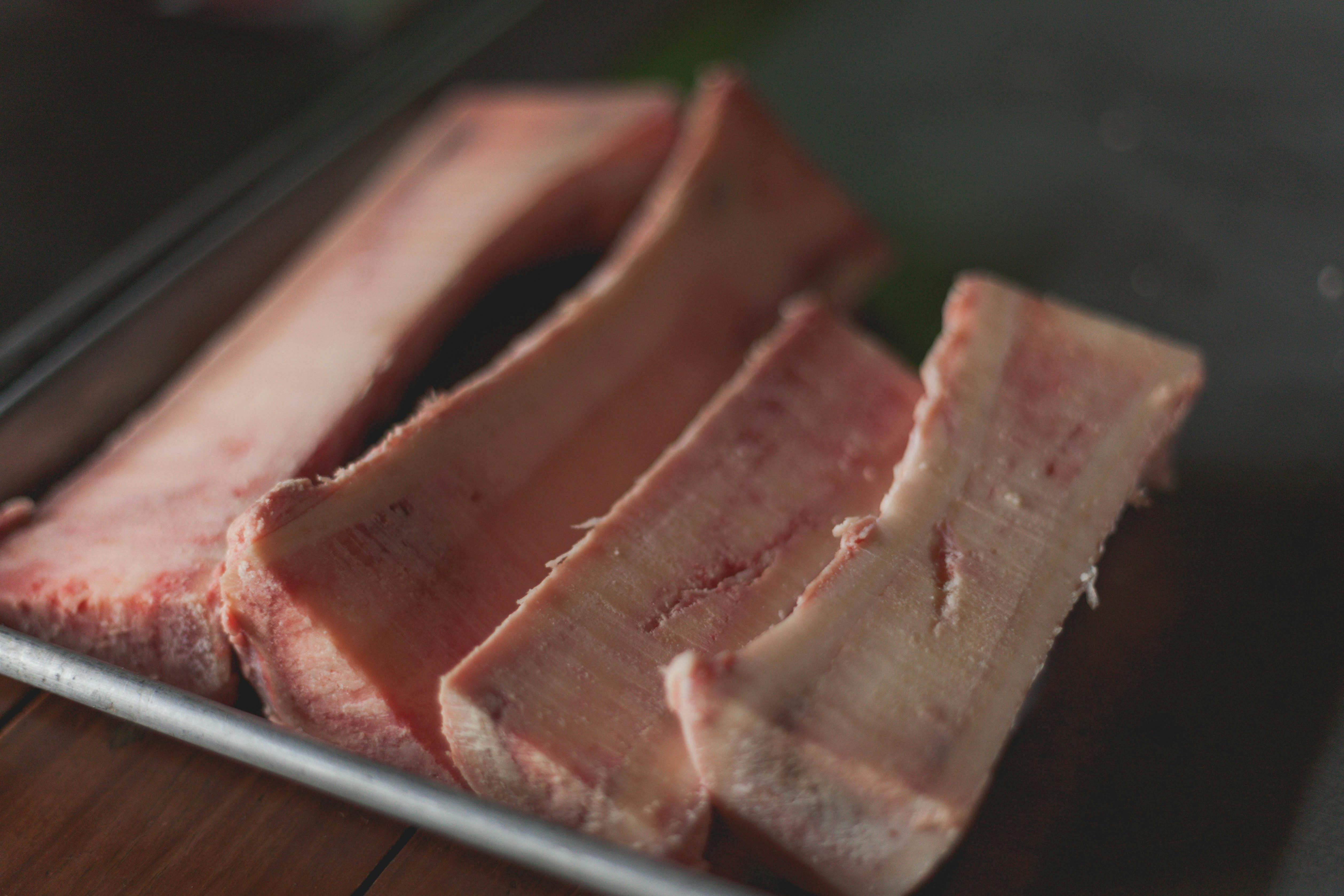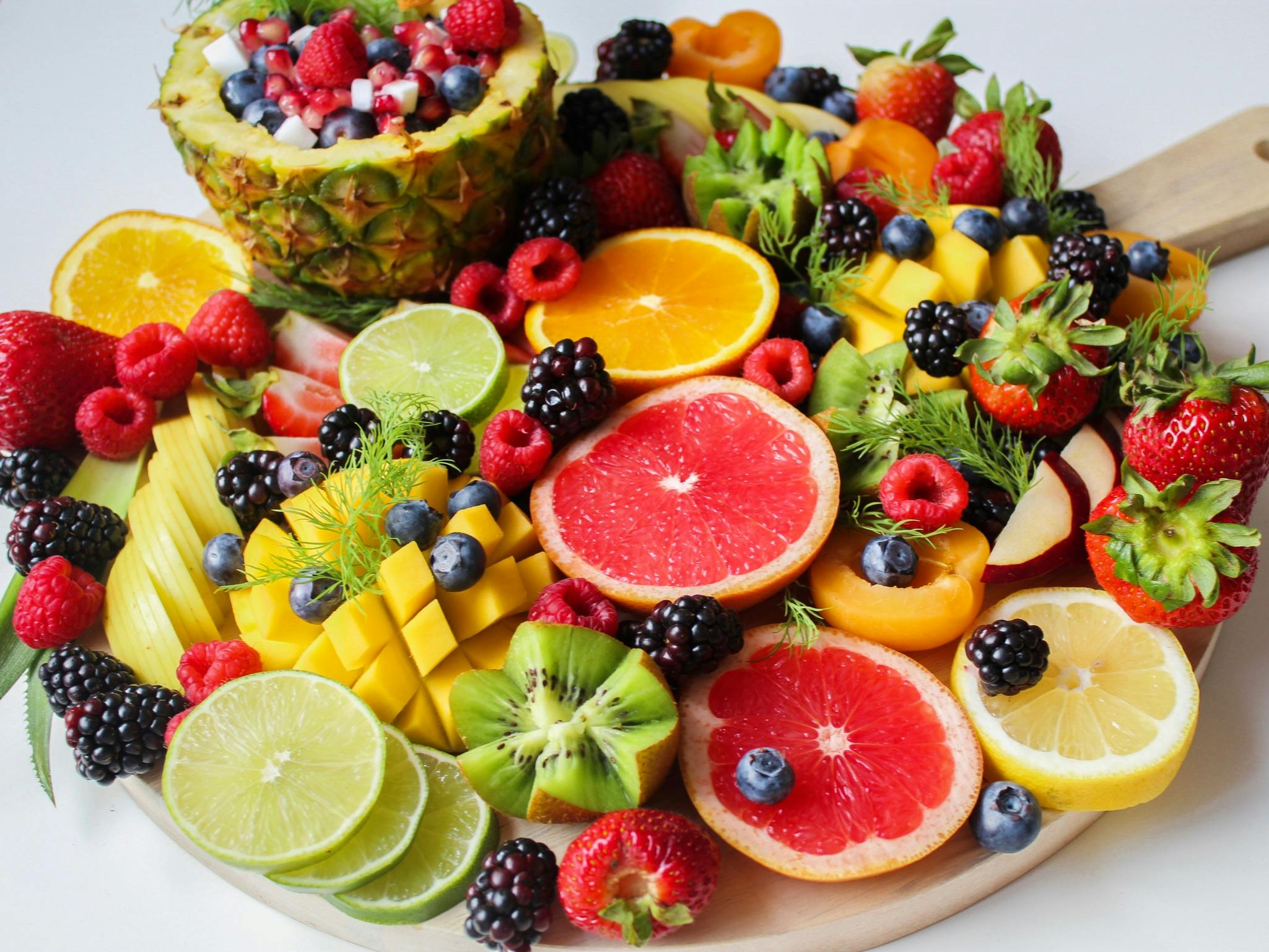Essential Guide to Dog Pancreatitis Diet for Increased Recovery in 2025

Essential Guide to Dog Pancreatitis Diet for Increased Recovery
Dog pancreatitis is a potentially serious condition that affects the pancreas, leading to inflammation and digestive issues. Understanding how to manage your dog's diet during recovery is crucial for their health. A well-planned pancreatitis diet can significantly alleviate symptoms, promote healing, and improve your dog's quality of life. In this guide, we will explore the best dog pancreatitis diet options, including low-fat dog food, homemade recipes, and important nutrients that can aid in recovery.
Pancreatitis in dogs can manifest with various signs, including vomiting, abdominal pain, and lethargy. Identifying these symptoms early and adjusting your dog's diet accordingly is essential. This article provides a comprehensive roadmap for dog owners, covering everything from dietary restrictions to ideal feeding schedules, as well as expert recommendations on managing dog pancreatitis effectively. By the end of this guide, you will have a solid understanding of the dietary approaches that can support your dog's recovery.
Key takeaways include an overview of the best dog foods for pancreatitis, tips for preparing homemade dog meals, and insight into essential nutrients that play a vital role in your dog's recovery. With careful management and a dedicated approach to your dog's diet, you can help them navigate this challenging condition.
Understanding Pancreatitis in Dogs
Before delving into dietary management, it’s important to grasp what pancreatitis is and its potential causes. Pancreatitis occurs when the pancreas becomes inflamed, impacting its ability to produce digestive enzymes and hormones effectively. This disruption can cause significant health issues in dogs, particularly if left untreated.
Common causes of pancreatitis in dogs include high-fat diets, obesity, certain medications, and underlying health conditions. Dogs that are overweight or have pre-existing health problems should be monitored closely, as they are at a higher risk of developing pancreatitis. Understanding these underlying factors helps in formulating an effective pancreatitis diet.
Recognizing the signs of pancreatitis is crucial for prompt treatment. Symptoms may include vomiting, diarrhea, abdominal pain, and changes in appetite. If your dog exhibits any of these symptoms, consulting your vet immediately is essential. Early veterinary intervention increases the likelihood of a full recovery and minimization of further complications.
With a firm foundation in understanding the causes and symptoms of pancreatitis, we can now turn our attention to dietary management strategies that will aid in your dog's recovery.
Signs of Pancreatitis in Dogs
Recognizing the signs of pancreatitis is crucial for dog owners. Some of the most common indicators include:
- Vomiting: Frequent vomiting may indicate pancreatic distress.
- Diarrhea: Loose stools can be a sign of digestive problems.
- Abdominal Pain: Dogs may exhibit signs of discomfort or pain when their abdomen is touched.
- Lethargy: An affected dog may become less active and sleepy.
- Loss of Appetite: Dogs may refuse food or show little interest in eating.
If you notice these symptoms, it's vital to consult with a veterinarian for a proper diagnosis and treatment plan. Quick response and dietary considerations can greatly influence recovery.
Common Causes of Pancreatitis in Dogs
Understanding the common causes of pancreatitis helps in preventing its occurrence. Some major factors include:
- High-Fat Diets: Diets rich in fats can overload the pancreas, leading to inflammation.
- Obesity: Overweight dogs are at a higher risk due to increased fat levels in their body.
- Genetic Predisposition: Some breeds like Miniature Schnauzers and Yorkshire Terriers are genetically predisposed to pancreatitis.
- Medication: Certain medications can irritate the pancreas.
- Underlying Health Conditions: Conditions such as diabetes can make dogs more susceptible to pancreatitis.
By identifying these risk factors, you can take proactive measures to prevent pancreatitis in your dog. Next, we will discuss how to create an effective diet for dogs recovering from pancreatitis.
Creating an Effective Dog Pancreatitis Diet
Managing dog pancreatitis requires careful consideration of diet. The ideal diet should prioritize low-fat, easily digestible foods to reduce the workload on the pancreas. Veterinary advice recommends feeding small, frequent meals instead of fewer large meals. Gradual changes to the diet are crucial; sudden shifts can cause digestive distress.
When selecting dog food for pancreatitis recovery, look for products specifically formulated for dogs with pancreatitis. Vet-approved pancreatitis diets often contain controlled fat levels, high-quality protein sources, and added nutrients to support overall health. Consistency in the feeding schedule helps maintain a stable digestive system, making it pivotal to adhere to specific meal times.
Homemade dog food can be a beneficial alternative. Preparing meals at home allows for complete control over ingredients. Options such as boiled chicken, white rice, or pumpkin can be excellent low-fat options. Avoid ingredients that are high in fat, such as beef or oily fish, as these can exacerbate pancreatitis symptoms.

Low-Fat Dog Foods for Pancreatitis Recovery
Choosing low-fat dog food is essential for managing dog pancreatitis. When seeking the best diet for dog pancreatitis, it’s crucial to understand how to interpret dog food labels:
- Fat Content: Look for food with less than 10% fat on a dry matter basis.
- High-Quality Protein Sources: Chicken, turkey, and fish provide necessary protein without excessive fat.
- No Fillers: Avoid foods with fillers like corn or soy, which do not offer nutritional benefits.
Commercial dog food for pancreatitis should also be enriched with omega fatty acids, vitamins, and minerals to enhance digestion and overall health. Some vets recommend specific brands known for their effective formulations. Always consult your vet before making changes to your dog's diet, ensuring it meets individual health needs.
Making Homemade Dog Food for Pancreatitis
Homemade diets for dogs with pancreatitis can be both nutritious and enjoyable for your furry friend. Here are some important guidelines for preparing homemade dog food:
- Lean Proteins: Use skinless chicken or fish, boiled and shredded to keep fat content low.
- Carbohydrate Sources: White rice or sweet potatoes can aid digestion.
- Vegetables: Some safe options include carrots and pumpkin, providing essential fiber.
- Broth for Flavor: Homemade broth can add flavor without added fats.
These meals should be balanced and provide all essential nutrients needed for health and recovery. It’s wise to periodically review your recipes with a veterinarian to ensure they align with dietary requirements. Next, we will explore treats that are suitable for dogs with pancreatitis.
Best Treats for Dogs with Pancreatitis
When dealing with pancreatitis, it’s important to select treats that are equally low in fat. Not all treats are suitable for dogs with pancreatitis, so understanding what to choose is key.
Opt for pancreatitis-friendly treats such as small pieces of cooked lean meats, freeze-dried fruits, or commercial treats specifically labeled for low-fat diets. Avoid meat by-products and high-fat snacks, which can trigger pancreatitis flare-ups. Aim for treats that support digestion, such as those containing prebiotics or probiotics, which are beneficial for gut health.
Developing a consistent treat routine, just like with meals, is crucial. Structure treats into your dog's daily schedule, ensuring portions are controlled to prevent overindulgence. This consistent approach encourages responsible eating habits.

Monitoring Your Dog's Response
As you introduce new foods and treats, close observation of your dog's response is vital. Keep track of any changes in behavior, appetite, and elimination patterns. If your dog exhibits signs of discomfort or distress, it’s essential to adjust the diet accordingly.
Maintaining regular vet consultations during your dog's recovery can help monitor health more comprehensively. Your vet can provide insights into dietary adjustments, evaluate weight management, and potentially recommend supplements if necessary.
With the right diet and attentiveness, managing dog pancreatitis becomes a possible task. This means fostering ongoing dietary habits can significantly influence your dog's health and well-being, leading to enhanced recovery.
Importance of Hydration and Digestive Aids
Hydration plays a vital role in recovery from pancreatitis. Dogs recovering from pancreatitis often need increased water intake to flush toxins and support overall health. Make sure your dog has constant access to fresh water. In some cases, adding a low-sodium broth to food can also increase liquid intake.
Including digestive aids like probiotics and prebiotics can help stabilize your dog's gut flora, supporting efficient digestion. These supplements can play a role in reducing inflammation and boosting the immune system, which contributes positively to recovery. Always consult your veterinarian before starting any new dietary supplements.
FAQs About Dog Pancreatitis Diet
Here are some commonly asked questions about managing dog pancreatitis through diet:
What is the best dog food for pancreatitis?
The best diet for dog pancreatitis is low-fat with high-quality protein sources. Consult your vet for specific brands or formulations that serve your dog’s needs.
Can I give my dog homemade treats?
Yes, low-fat homemade treats can be beneficial, but ensure they are prepared with compatible ingredients that follow your dog's dietary restrictions.
How important is meal timing for dogs recovering from pancreatitis?
Consistency in meal timing is crucial; feeding small amounts at regular intervals helps encourage stable digestion and prevents overloading the pancreas.
By understanding the dietary needs and management strategies for dogs with pancreatitis, you can play an active role in their recovery. Implementing these guidelines will likely enhance your dog's health and quality of life.
```